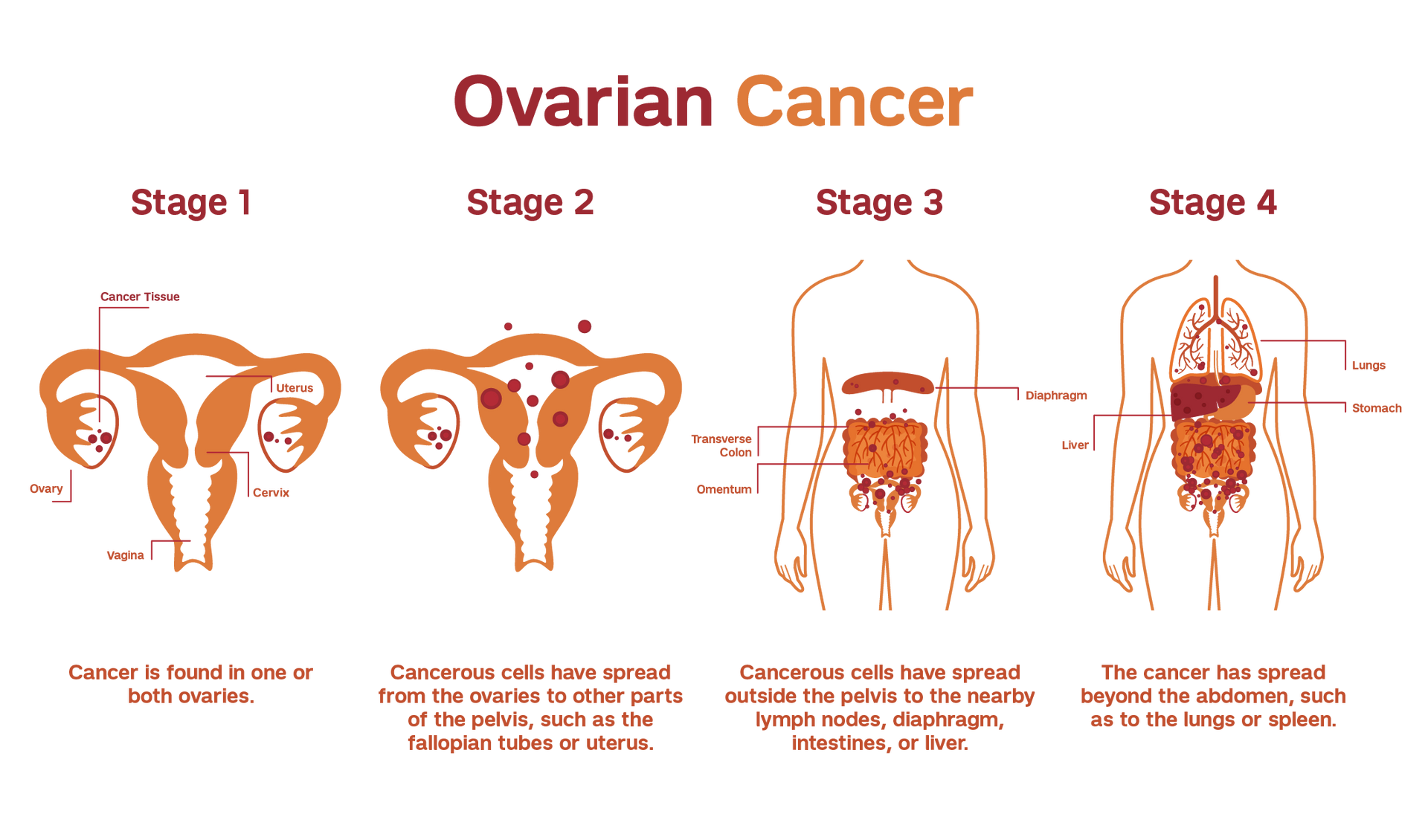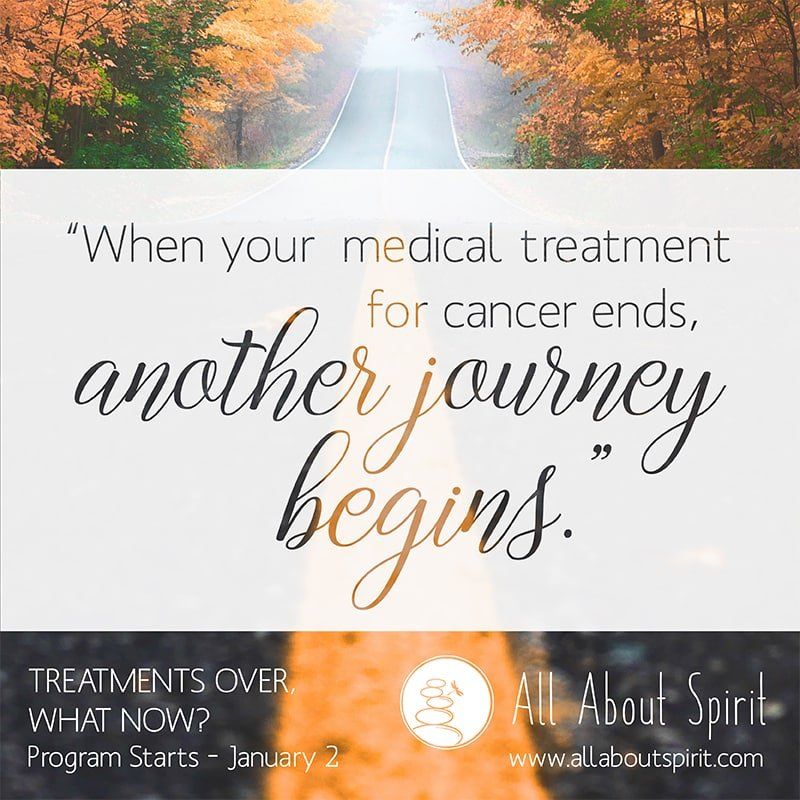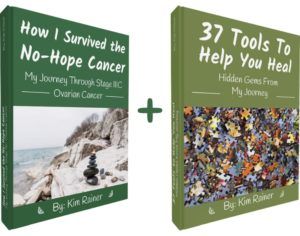Did You Know? Early Detection is Key in Ovarian Cancer Awareness

September is Ovarian Cancer Awareness Month, a time dedicated to raising awareness about a disease that often goes unnoticed until it has advanced to a more severe stage. Unlike other cancers that benefit from early screening tests, ovarian cancer is infamous for its vague symptoms and the lack of reliable early detection methods. This underscores the importance of education and awareness in identifying the disease in its initial, more treatable stages.
Often referred to as the "silent killer," ovarian cancer ranks as the fifth leading cause of cancer deaths among women and claims more lives than any other cancer of the female reproductive system. The numbers are daunting: around 22,000 women in the U.S. receive a diagnosis each year, with more than 14,000 losing their battle to the disease. While the overall five-year survival rate is approximately 49%, early detection—when the cancer is still localized to the ovaries—can increase the survival rate to over 90%. Unfortunately, only about 20% of ovarian cancer cases are caught in these early stages.
A major challenge in diagnosing ovarian cancer early is that its symptoms often resemble those of more common ailments, such as digestive issues, bloating, or menstrual irregularities. Symptoms like abdominal bloating, pelvic discomfort, feeling full quickly when eating, and changes in bowel habits are common and can be easily dismissed. Because these signs are often subtle and nonspecific, many women overlook them or attribute them to less serious conditions. It's crucial to be vigilant and attentive to your body's signals. If you experience persistent or unusual symptoms, especially if they last more than a few weeks, it’s vital to see a healthcare professional and specifically inquire about ovarian cancer.
Currently, there is no effective screening test for ovarian cancer for women at average risk, making awareness and self-advocacy essential. If you have a family history of ovarian or breast cancer, or carry genetic mutations like BRCA1 or BRCA2, discussing your risk with your doctor is particularly important. Understanding your individual risk factors and considering genetic counseling or testing can be crucial in early detection.
As we recognize Ovarian Cancer Awareness Month, let’s pledge to spread awareness. Early detection saves lives, and knowledge is a powerful tool in this fight. Share this message, have conversations with loved ones, and remember: trust your instincts. If something feels off, don’t ignore it. Be your own health advocate—because catching ovarian cancer early can make all the difference.
#OvarianCancerAwareness
If this article inspires you, then please share the love...
Get The Survivors Manifesto
(it's free!)
What to do when your cancer is gone but everything still feels different.
Enter Your Details here
Survivors Manifesto Signup
Join Free For Post-Cancer Support
Join the All About Spirit Community to receive support
& encouragement via email, from one survivor to another.


